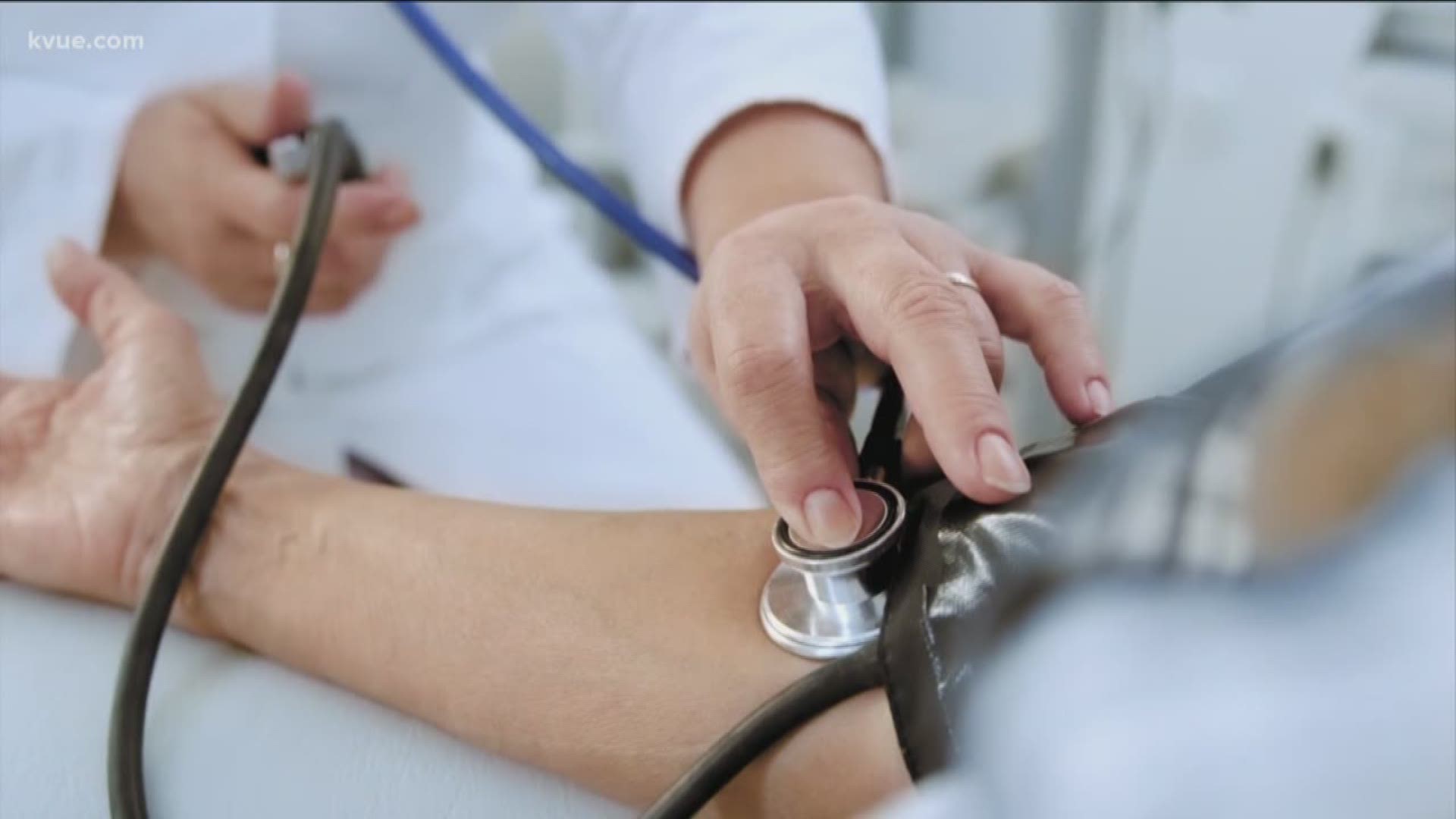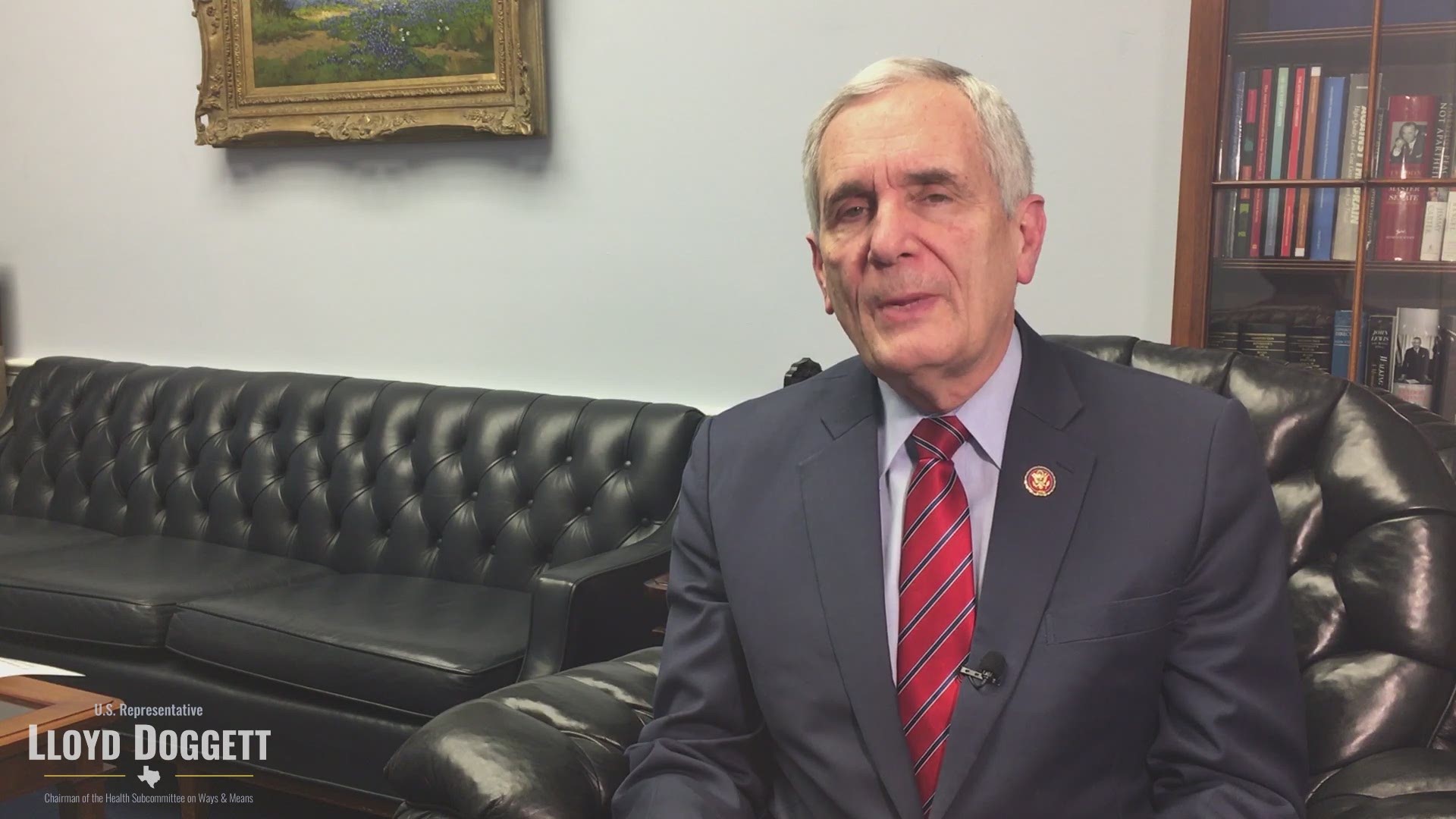AUSTIN, Texas — Nearly one in every five women suffer from prolapse, a condition where pelvic muscles no longer support pelvic organs.
For years, surgeons made repairs using tissue from women's bodies. But, in recent years, a surgical mesh has been used to treat prolapse.
Tuesday, following thousands of complaints and years of warnings from the FDA itself, a public hearing shed light on what is growing evidence of medical device dangers.
“This is affecting lives and it’s major, and no one is really listening to us,” said Barbara Melling, a patient who is suffering from complications of surgical mesh.
Women from across the country gathered in Maryland to share their stories about how mesh products changed their lives.
“If there are 100,000 women injured by mesh for any reason, it should not be on the market. If tomatoes are killing people, they take them off the market,” said Lana Keeton, who had a sling implanted in her.
Jodie Callahan is a mother who had surgery in 2010 at the age of 45.
“I am one of over 100,000 women who have been severely and permanently harmed by the devastating complications from the interior transvaginal mesh,” she said. “This changed my life and made me limit a lot of activities with my family. I went to nine different specialists all trying to help me deal with this.”
Three years later, after years of pain, a surgeon removed the mesh.
“During the procedure, I experienced life-threatening complications due to the extensive lengths to remove the mesh," she said. "The doctor reported the mesh had eroded into my bladder, attached to my bowels, my nerves and my muscles and the incontinence sling had twisted my urethra, so voiding [emptying her bladder] was nearly impossible. They also removed a large gelatinous cyst that was in my cervix that was engulfed in mesh."
Last month, she learned she has to undergo another surgery. She said her doctor found more plastic mesh inside her body.
“I am scared, frustrated and devastated that I will have to do this again,” she cried.
“On behalf of Boston Scientific and myself as a physician, I want to express my deepest sympathy and my sincere empathy for those women who have been harmed by surgical mesh therapies,” said Dr. Ronald Morton Jr., a medical doctor with the urology division at Boston Scientific.
Medical device makers apologized to the women on Tuesday.
“Boston scientific is purposeful and committed to provide medical devices that are safe and effective and supported by clinical evidence supported by physician training and the best possible outcomes,” he said, citing studies that show the mesh devices continue to improve.
The Defenders have learned the FDA warned about serious complications involving mesh implants in 2008. In 2011, the FDA mandated companies produce studies to show the safety of the devices.
“In 2011, Public Citizen and I petitioned the FDA to ban and label all mesh products for vaginal repair of POP [pelvic organ prolapse] because these devices offer no clinically proven benefits in comparison with non-mesh repair of POP and have high rates of serious complications," said Dr. Michael Carome, M.D., of Public Citizen. "The FDA denied our petition in 2014. Surgical mesh for trans-vaginal POP repair is a quintessential example of the deficiencies of the FDA’s oversight of medical devices, particularly those that are permanently implanted.”
The FDA will continue to look at the evidence presented to determine if more action should be taken for surgical mesh.
“I truly hope the FDA is serious about addressing the research, development, training as well as adequate oversight for future medical devices,” said Callahan.
U.S. Congressman Lloyd Doggett is sponsoring the Medical Device Safety Act as a result of our original investigation into implanted medical devices and sent us this statement:
“The danger is not limited to one medical device, one manufacturer or one lawsuit. The KVUE Defenders has done a really good job reporting this and the urgent need to get some action, transparency and accountability, and empower patients and help them not to have to endure the same needless suffering. Mindful of that is what I'm doing is supporting an improved medical device registry and legislation to help patients harmed by medical devices seek damages from the device manufacturer.”
If you have had experiences with medical device dangers, we encourage you to join the Medical Device Dangers Facebook group.


